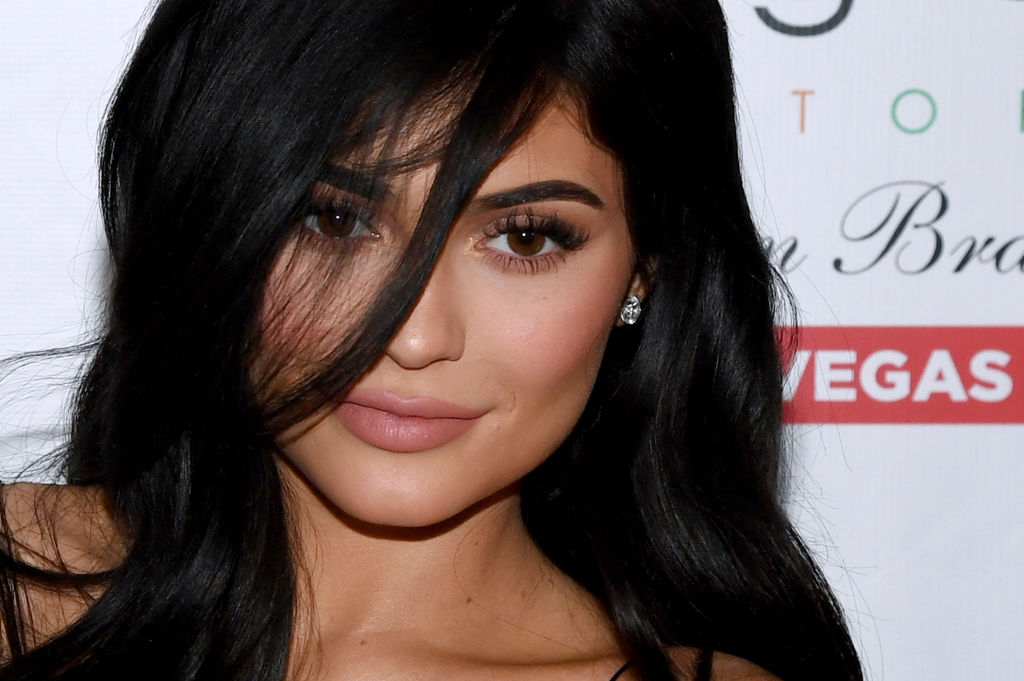The Golden Age of Celebrity Beauty Brands

In the past, celebrities were muses, or the faces and personalities that portrayed and represented a beauty brand. Today, many celebrities have grown into creators and owners of beauty brands, to such an extent that, according to an article by Vogue, we are living in the peak-celebrity brand era. Since Miranda Kerr, Australia's first Victoria's Secret model, launched Kora Organics, celebrities have leveraged their influence to create celebrity beauty brands. Kerr's Kora Organics, founded in 2009, is one of the earliest celebrity skincare lines. Her brand, which has a green ethos, is perhaps the first truly successful celebrity beauty brand and helped spearhead the trend towards using a celebrity's influence to fashion a beauty brand. It was followed by Drew Barrymore's Flower Cosmetics in 2013, but it wasn't until Kylie Jenner's three lip kits hit the markets in November 2015 that we entered the golden age of celebrity beauty brands. Celebrity brands as we know them today really began with Jenner's Kylie Cosmetics.
Jenner's success is a result of the unique opportunities that social media presented to her and her skill at exploiting those opportunities. In the era of social media, celebrities are connected with their followers more intimately than has ever been possible. Not only that, the speed at which a campaign can proliferate has dramatically increased even as the costs of a social media campaign have plummeted. That influence, reach and engagement had never really been leveraged to create a successful celebrity brand. Six years on, Kylie Cosmetics in a billion dollar empire.
Rihanna's Fenty Beauty, launched in 2017, is, alongside Kylie Cosmetics, the pinnacle of the age of the celebrity beauty brand. Lady Gaga's Haus Laboratories, Kim Kardashian West's KKW Beauty, Millie Bobby Brown's Florence by Mills, and Gwyneth Paltrow's Goop are among many celebrity beauty brands that consumers can choose from. And there will be many more to come. Cardi B has hinted at her own brand, while Ariana Grande and Gwen Stefani are said to have applied for trademarks for upcoming beauty lines. Trademarks typically protect brand names and logo design branding used on goods and services.
Owning a beauty brand presents celebrities with the opportunity to make outsized financial gains, gains which are simply not available to brand ambassadors. Brand ambassadors drive their following towards some company's brand and that brand reaps the majority of the economic benefits of the celebrity-fan base relationship. Becoming an owner and creator and using social media to market their products, puts celebrities in the driver's seat.
Yet, being a celebrity is not enough to ensure success. It is no longer enough to simply be a celebrity to drive sales. The competition has become more and more intense as celebrities have entered the market. Consumers demand brand authenticity and a quality product. Celebrity beauty brands should clearly be something that the celebrity is intimately involved with, something they love and something that expresses who they are. It is also important to deliver a product that actually works. Poor quality products dilute the strength of the brand and reduce trust in the celebrity, which, in the long-run, is bad for sales.
* This is a contributed article and this content does not necessarily represent the views of enstarz.com





